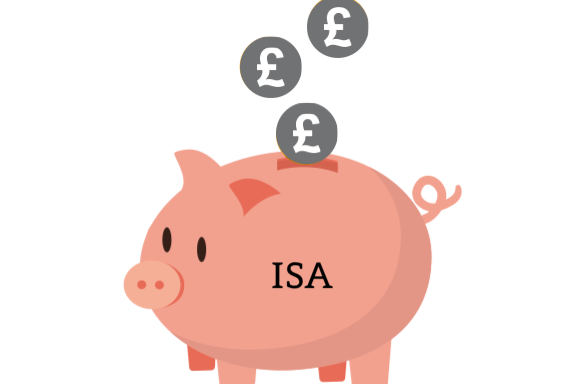This April, ISAs celebrate their 21st birthday. So, I thought it would be a good idea to remind you how good an investment vehicle they can be, just before the end of this tax year.

Statistics suggest ISAs have become a huge hit with savers. The value of adult ISAs stand at over £600 billion, shared between around 22 million account holders. They have also proved popular with successive Chancellors as a means of encouraging the saving habit with the annual subscription limit having almost trebled since launch.
What is an ISA?
Their relative simplicity has undoubtedly played a key part in this success, but they are more than just a tax-free piggy bank. ISAs have evolved over the last 20 years to play an important role in shaping and influencing how clients organise their wealth to achieve their life goals.
One of the major attractions of investing either into cash or stocks and shares ISAs is their accessibility. This is one big reason why they are so popular. This removes the emotional barrier of not being able to access your money whenever needed or to save for a particular event in the future.
Different types of ISAs
LISAs (Lifetime ISAs) have also encouraged younger savers to use them to help with buying their first home or to build a nice lump sum to use at retirement.
Flexible ISAs were introduced by certain providers allowing investors to withdraw funds and replaced within the same tax year without affecting the annual subscription limit.
Additional Permitted Subscriptions (APS) allow widowed clients to claim a one-off subscription limit equal to the value of their deceased partner’s ISA at date of death. This can be significant in protecting assets from income and gains. Also, from April 2018 any income and gain made by the deceased’s ISA during the probate period will also be included, in most cases.
No doubt the biggest attraction of investing into an ISA is the ‘tax free’ status.
There is no tax on income or gains and no need to get involved with HMRC and self-assessment, saving a lot of time.
They can also be used to take out any gain made by collective portfolio (Unit Trust investments) within someone’s annual capital gains tax allowance (currently £12,000) and invested immediately, into the same unit trusts, within an ISA using any allowance available (up to £20,000 every tax year). This is sometimes known as ‘bed and ISA’.
ISAs in retirement
When it comes to retirement planning, ISAs can also play an important role. If no other resources are available, these can be used to maximise pension contributions.
Pensions will normally prove to be a better investment for most people than ISAs. The reasons for this are that any pension contribution will receive tax relief at the highest marginal rate, boosting the amount being invested on the way in and being able to have 25% of the fund tax free on the way out. On top of this, any amount within the pension will be inheritance tax free whereas an ISA is not and becomes part of the estate on death. There are also no access issues with a pension if someone is 55 or over.
Obviously, there are limits imposed on the amount that can be invested within a pension but this involves a whole other subject which cannot be covered in this article.
In summary ISAs have been a great way, over the last 20 years, to invest in either for something specific or build up a fund for use at retirement. They are flexible and form an important part of someone’s overall financial planning and are not just a savings plan building up rainy day money.
If this is of interest to you, you can get in touch with one of our independent financial advisers using our Contact Us or Facebook page. Alternatively you can call our office on 01329 282882 where we will be happy to help you.
* All statistical references taken from HMRC Individual Savings Account (ISA) Statistics
Investments carry risk. The value of your investment (and any income from them) can go down as well as up and you may not get back the full amount you invested. Past performance is not a reliable indicator of future performance. Investments should be regarded over the longer term and should fit in with your overall attitude to risk and financial circumstances. Levels, bases of and reliefs from taxation may be subject to change and their value depends on the individual circumstances of the investor.
The Financial Conduct Authority does not regulate tax advice.
